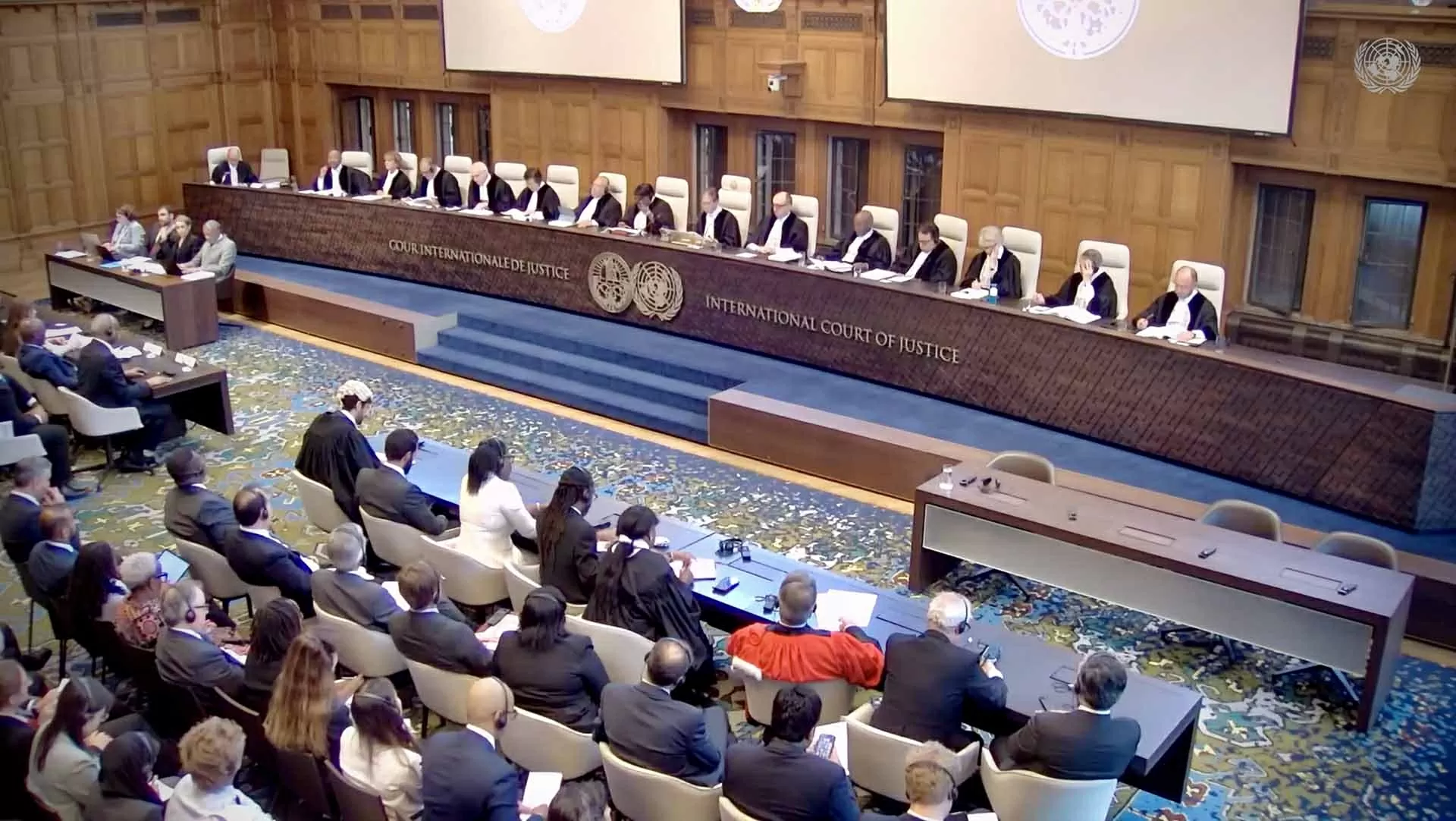 |
| Overview of the ICJ session announcing its advisory opinion. |
The International Court of Justice (ICJ) has just issued an advisory opinion on the obligations of states to protect the climate system and the environment from the negative impacts of human greenhouse gas emissions.
The advisory opinion is an important milestone, marking the first time the ICJ - the main judicial body of the United Nations (UN) - has issued a comprehensive conclusion on the content and scope of obligations of countries related to climate change.
The advisory opinion was published on 23 July 2025, after more than two years of ICJ proceedings, including a review of the existing international legal system, consideration of written submissions from countries and regional and international organizations, and presentations at a hearing held in December 2024 in The Hague, the Netherlands.
The ICJ's exercise of the above-mentioned legal advisory function stems from the request of the UN General Assembly in Resolution 77/276 dated March 29, 2023, according to which the General Assembly requested the Court to clarify the obligations of States under international law to protect the climate system and other components of the environment for present and future generations, and the legal consequences that arise when a State violates one of those obligations, especially for vulnerable States, communities and individuals affected by climate change.
The ICJ's advisory opinion was unanimously adopted by all 15 judges of the Court, emphasizing that states have a legally binding obligation to protect the climate system and its components from the impacts of greenhouse gas emissions, not only based on international climate treaties such as the United Nations Framework Convention on Climate Change, the Kyoto Protocol, the Paris Agreement, etc., but also according to customary international law, human rights law, international maritime law and other relevant legal documents.
These obligations include reducing greenhouse gas emissions, adapting to climate change, protecting the marine environment, sharing technology, providing financial assistance and cooperating in good faith. The ICJ also affirmed that failure to implement or inadequate implementation of climate change obligations may constitute a violation of international law, leading to the responsibility of the State to stop the violation, ensure that it does not recur and compensate the affected States if there is a clear causal link.
Notably, the Court determined that obligations relating to climate change are common to the international community as a whole, and therefore, every State has a legal interest in demanding enforcement of the relevant obligations, whether or not it has directly suffered damage.
This is an important step forward in recognizing the rights and interests of developing countries most affected by climate change and vulnerable communities in the existing international legal system.
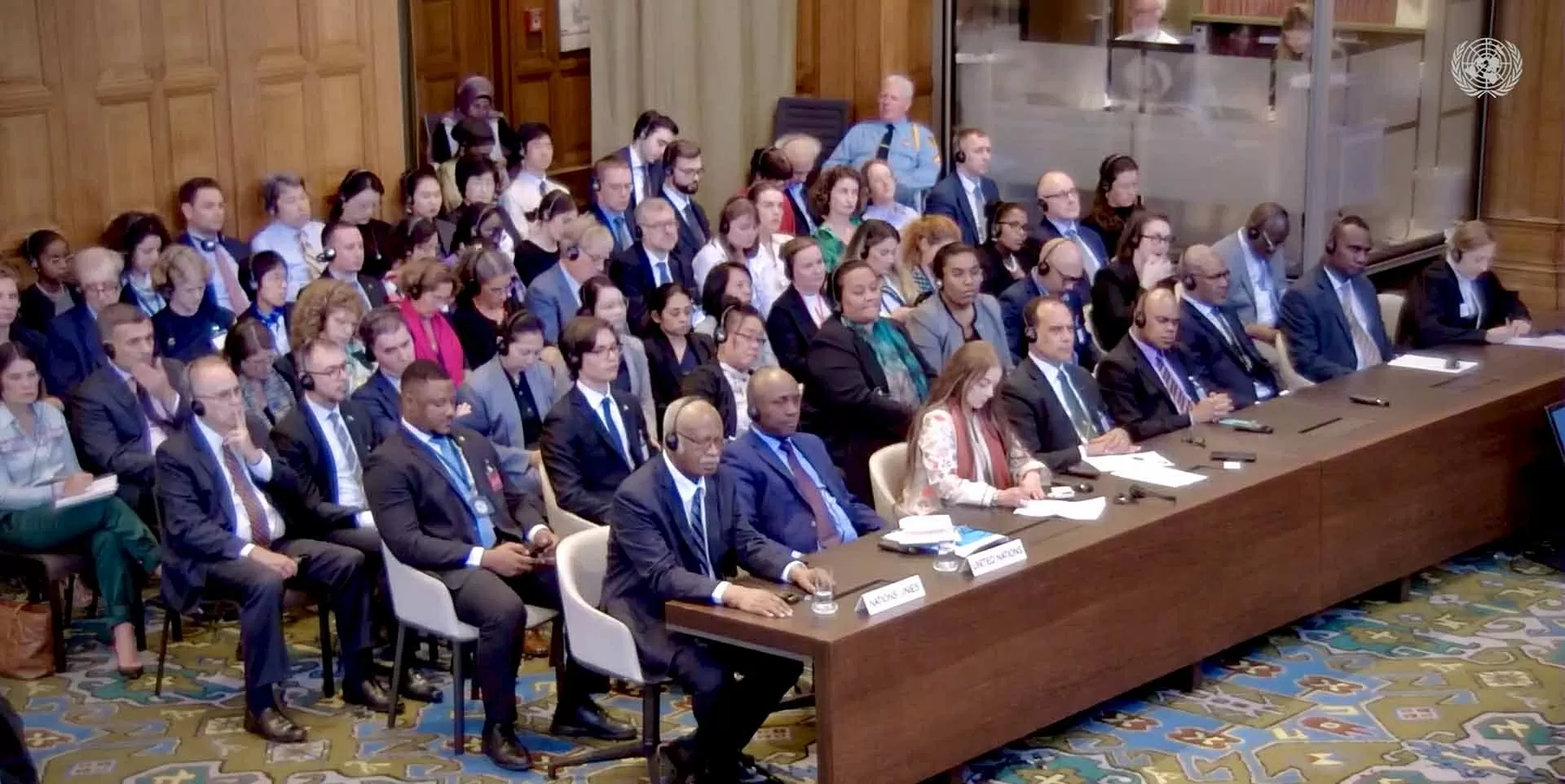 |
| The President of the UN General Assembly attended the advisory opinion announcement session. |
Over the past time, Vietnam has actively contributed to the entire process of seeking ICJ's advisory opinion. As a member of the Core Group of 18 countries initiated by Vanuatu, Vietnam participated from the beginning in formulating, campaigning and promoting the UN General Assembly to pass Resolution 77/276 requesting the ICJ to provide an advisory opinion.
After the Resolution was adopted, Vietnam, for the first time, fully participated in the procedures for seeking an advisory opinion at the ICJ, from submitting written opinions to directly presenting at the hearing organized by the ICJ. Our country has also chaired and organized many workshops and discussion sessions to support developing countries in Asia- Pacific to prepare their opinions to submit to the ICJ, thereby promoting a common voice of developing countries in this important legal process.
In its statements and submissions, Vietnam consistently upholds international law, affirms that all countries have a common responsibility in combating and mitigating climate change in accordance with relevant international treaties, requests recognition of the rights of countries most affected by climate change, takes into account differences in emission history and national capacity, and ensures the principles of fairness and common but differentiated responsibilities in responding to climate change.
The advisory opinion on climate change recently issued by the ICJ is a new step forward in the interpretation and promotion of the implementation of international law provisions on climate change, reflecting the common need as well as the broad support of the international community in further accelerating the implementation of climate commitments and actions to protect the Earth's environment from the irreversible consequences of climate change.
At the same time, the process of participating in the procedure for seeking an advisory opinion at the ICJ is also a testament to Vietnam's increasingly proactive, constructive and responsible role in multilateral legal processes, as well as in strengthening the rule of law globally.
Source: https://baoquocte.vn/toa-an-cong-ly-quoc-te-lien-hop-quoc-ban-hanh-y-kien-tu-van-ve-nghia-vu-cua-quoc-gia-lien-quan-den-bien-doi-khi-hau-322569.html


![[Photo] Ca Mau "struggling" to cope with the highest tide of the year, forecast to exceed alert level 3](https://vphoto.vietnam.vn/thumb/1200x675/vietnam/resource/IMAGE/2025/11/04/1762235371445_ndo_br_trieu-cuong-2-6486-jpg.webp)
![[Photo] Ho Chi Minh City Youth Take Action for a Cleaner Environment](https://vphoto.vietnam.vn/thumb/1200x675/vietnam/resource/IMAGE/2025/11/04/1762233574890_550816358-1108586934787014-6430522970717297480-n-1-jpg.webp)


![[Photo] The road connecting Dong Nai with Ho Chi Minh City is still unfinished after 5 years of construction.](https://vphoto.vietnam.vn/thumb/1200x675/vietnam/resource/IMAGE/2025/11/04/1762241675985_ndo_br_dji-20251104104418-0635-d-resize-1295-jpg.webp)
![[Photo] Comrade Nguyen Duy Ngoc holds the position of Secretary of the Hanoi Party Committee](https://vphoto.vietnam.vn/thumb/1200x675/vietnam/resource/IMAGE/2025/11/04/1762234472658_a1-bnd-5518-8538-jpg.webp)
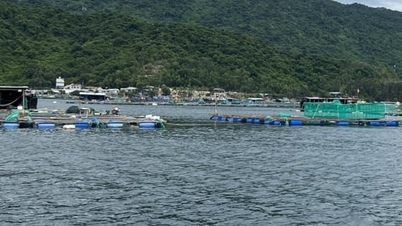

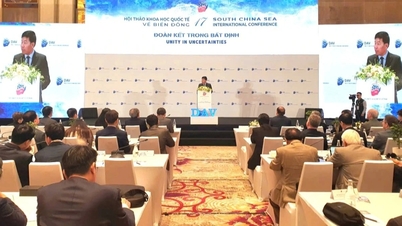







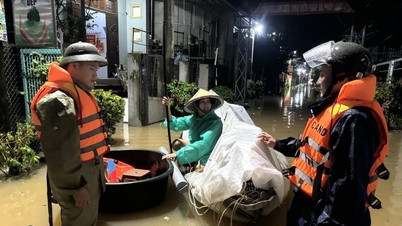

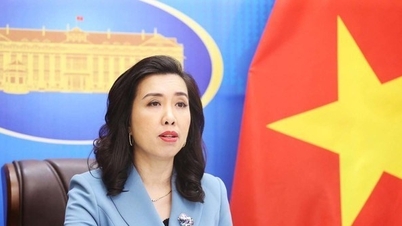






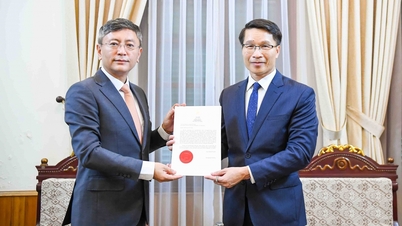











































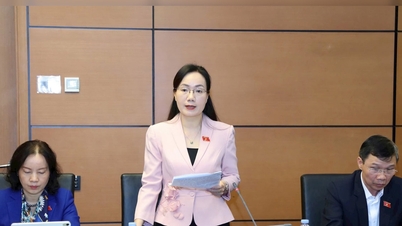















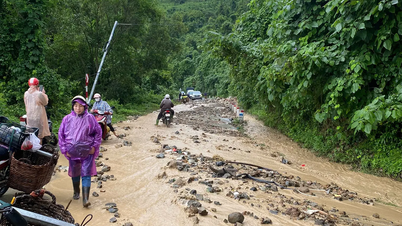


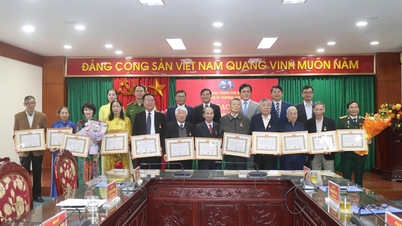

















Comment (0)